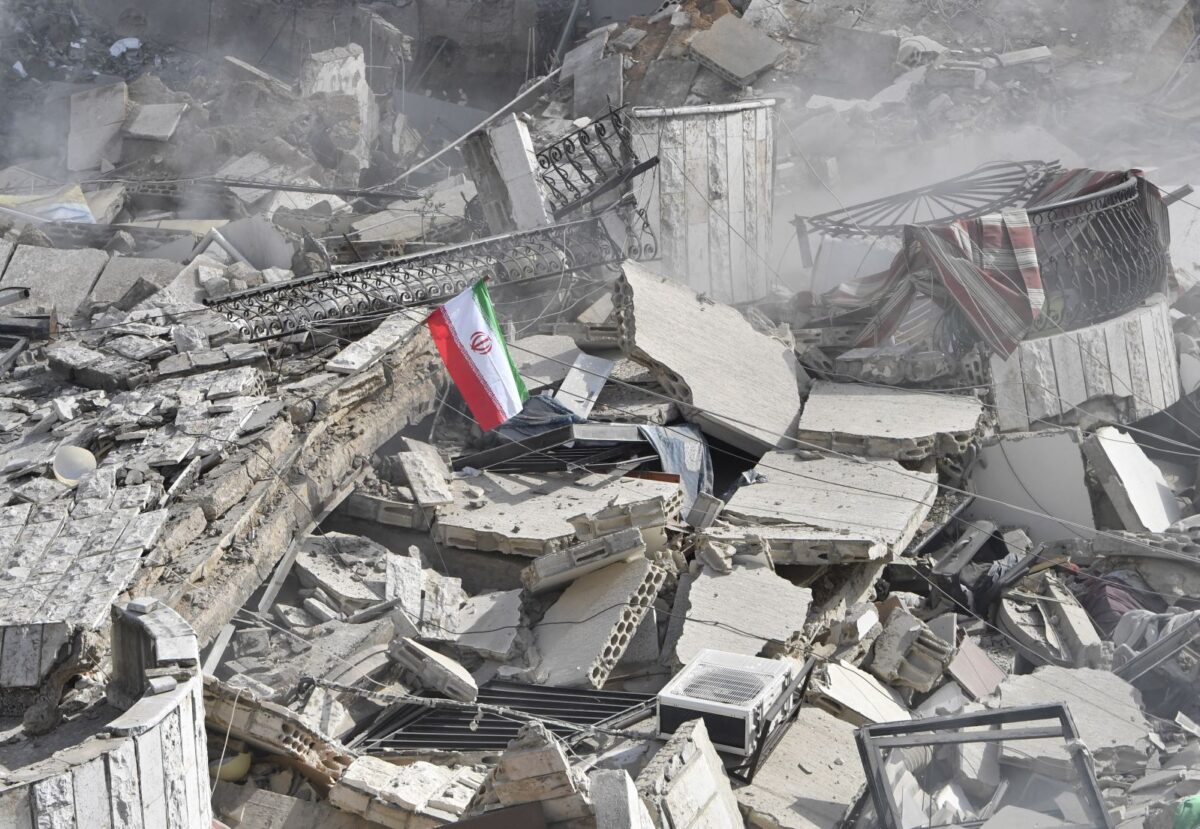
The war has deepened hardship in Lebanon’s south, leaving even Hezbollah’s supporters grappling with uncertainty and frustration
Layla Kassem’s favorite time of year was always Ramadan. She loved the festive decorations and the lively streets of Sour after iftar. But what she looked forward to most was Eid al-Fitr.
This year, however, was different. Layla lost her home in last year’s Israeli war on Lebanon and has been moving between relatives ever since.
Despite promises of compensation, she has yet to receive the financial support needed to rebuild. Experts from Hezbollah’s Jihad al-Binaa assessed the damage to her house but only provided $1,000 in compensation.
“This doesn’t cover anything!” Layla told NOW. “The house is completely destroyed, and the building is uninhabitable. The amount needed is much higher.”
While her building is still standing, the homes inside—including their infrastructure—are severely damaged. She is supposed to receive compensation through annual rental payments, like others whose homes cannot be restored, but that hasn’t happened yet. She believes the delay is due to a lack of funds.
“It’s frustrating because I fully support the fight against Israel, but I wish we hadn’t gone into this war,” she said.
For Kassem and many others, the reconstruction process has been far from what they expected. Unlike their peers in Beirut, who received immediate compensation, they remain in limbo—unable to rebuild their homes or plan their next steps. The slow recovery has also sparked mixed opinions about Hezbollah, as people come to terms with the harsh realities of post-war life. Some supporters have begun asking questions they never would have before, while others are too consumed with simply getting through daily life, hoping to keep the war at bay.
A harsher reality
The border villages tell an even harsher story. These areas have borne the brunt of Israeli airstrikes, leaving entire neighborhoods unrecognizable. Families who once lived off their land now find themselves displaced, uncertain if they will ever return.
In one of them, Hanan Srour stands outside the ruins of her home. The house, once filled with the laughter of her children and the scent of freshly baked bread, is now a hollow shell. She and her family have been staying with relatives in another village, waiting for news of compensation.
“Every time we ask, they say we have to be patient,” Hanan said. “We’ve been patient. But patience doesn’t rebuild our homes, and it doesn’t put food on our table.”
Like Layla, Hanan has long supported Hezbollah and its fight against Israel. But now, her main concern is rebuilding her home and regaining some sense of normalcy. Doubt has crept in about whether that will happen anytime soon, and she wonders why.
“We believe in the resistance, we always do,” she said. “But belief doesn’t mean we can’t question why we weren’t better prepared for this and how we’re going to move forward with all these challenges.”
For her, the war has not truly ended. Israeli airstrikes continue, targeting individuals—many of them inside vehicles—despite the ceasefire.
“My village stood by Hezbollah through everything,” Hanan said. “We gave our support, our sons, our homes. But now, we are left waiting, and it feels like the wait will never end.”
Hanan believes the Lebanese government should step in to help compensate for the damages, but so far, there has been no indication that it will. On January 14, in his first speech since being tasked with forming a government, Prime Minister-designate Nawaf Salam vowed to “rescue, reform, and rebuild” Lebanon. However, with early estimates placing the cost of physical damage and economic losses at $8.5 billion—and donors either facing financial constraints or hesitant to contribute—securing the necessary funds will be a daunting challenge.
Hanan also worries about returning to her village with Israeli breaches happening almost daily. She wonders if life there will ever be safe for her and her children.
“Of course, we will return because this is our land,” she said. “But it will be a very different life than before.”
Unlike Hanan, Hayat Younes, a resident of Dahiyeh, returned to her home immediately after the ceasefire. She was able to repair the damage and received compensation within a month.
“I knew they would stick to their promise, and they did,” she said.
Hayat’s family also owns a house in the south that needs repairs. Although officials have inspected it, they still don’t know when they’ll receive compensation.
“We would have liked to go there for Eid, but since we can’t, it’s okay. We’ll go eventually,” she said.
Hayat is among those who remain optimistic, perhaps because of the swift reconstruction she experienced in Beirut. She believes Hezbollah remains strong and capable of fighting if necessary. However, the war has undeniably left a mark, and even among its most loyal supporters, there are growing frustrations and questions.







